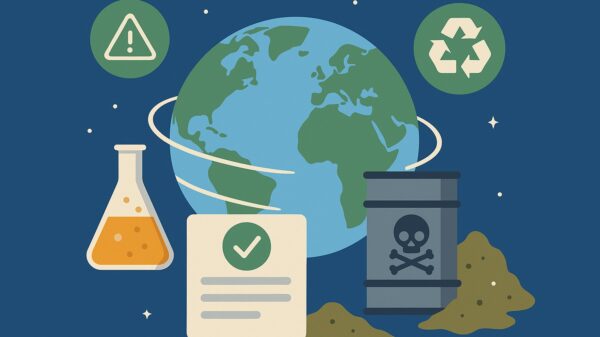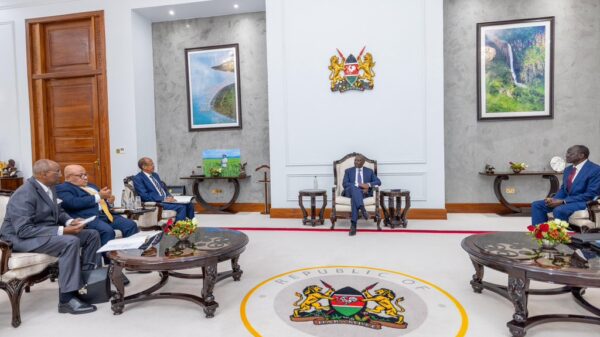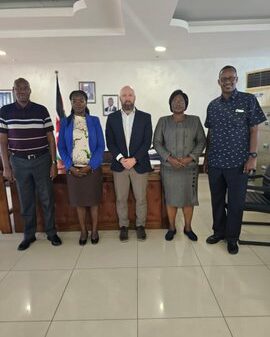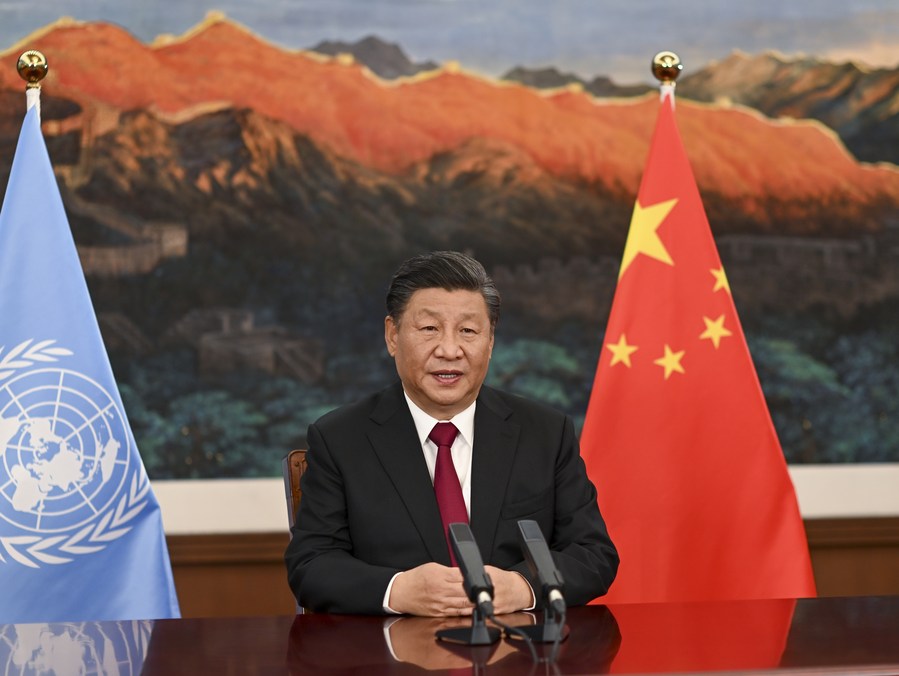This October 2021, the People’s Republic of China (PRC) marks the 50th anniversary since restoration of its lawful seat at the United Nations. As the people of China reflect on the gains made in the past 50 years, different communities are also taking stock of the outcomes of their relations with the second largest economy in the world. Developing countries, most of which are situated in Africa, had an important role in the legitimation of PRC’s place in the UN system.
As the final push to eradicate colonialism in Africa got underway in 1950s, China became a rallying force as seen from its role in the staging of the Bandung Conference in 1955 and the formation of the Non-Aligned Movement in 1961. Being the most populous developing country tagging along similar experience of economic and political subjugation, Beijing’s foreign policy agenda resonated with the newly independent states in Africa.
In the period leading to 1971, many African countries considered China as a strong political ally as well as economic and development partner. It was on this backdrop that African countries overwhelmingly endorsed Resolution 2758 that ensured nearly a quarter of humanity assumed their lawful rights at the United Nations.
As a permanent member of the United Nations Security Council, China has played a key stabilization role in global peace and security. Fronting a foreign policy of peaceable coexistence and noninterference in domestic affairs of other countries, China has risen to be the top contributor of UN peacekeeping forces and the second largest financier of the UN peacekeeping budget. In Africa, for instance, Beijing has committed over 2,500 soldiers in blue-helmet missions besides donating US$ 100 million to the African Union standby force.
The founding UN Charter envisaged a world free from the vagaries of war; where social progress and better standards of life would constitute the fundamental human rights. Rising from the shackles of war, China has used the last five decades to achieve the most comprehensive poverty reduction record in human history. The understanding that economic security is a precondition for global peace and security has enabled China to be a model for societal transformation among developing countries. As the second largest contributor to UN overall budget, Beijing is equally involved in the design and implementation of development programmes around the world.
In bringing together states on one table, the United Nations provides countries with the platform to work together in the spirit of multilateralism to overcome global challenges. Lately, the force of nationalism and pseudo-multilateralism is taking root, with some countries rejecting the call of international organizations. Yet China has emerged as a strong champion of global cooperation as seen from its role in the Covid-19 pandemic response. Beijing is today the largest source of Covid-19 vaccines to African countries – having played a key role in aiding the continent access essential commodities and epidemics control experience at the onset of the global health crisis.
Over 44 African countries have also joined the Belt and Road Initiative; a multilateral platform mooted by China that places peace and development at the heart of international relations. Under the five pillars of trade, infrastructure construction, policy coordination, financial inclusive and cultural exchanges, BRI is proving its utility in Africa, having contributed over 20% to the continent’s economic growth in the last decade.
While the United Nations system habour its flaws, it remains the most sustainable arena to fashion inclusive global cooperation. Looking ahead, China should continue to use its UN seat to promote the interest of developing countries by safeguarding the principles of the UN charter. Many of the successes China has consolidated at home are a product of its effective international cooperation with international partners such as those found in Africa.
The world is currently facing a multitude of cross-border challenges including the Covid-19 pandemic. Climate change remains a serious threat to the sustainability of environment and human life on earth. Global development inequality is expanding around the world while poverty and violent extremism are still rooted in many territories in the world. These challenges are more intractable in developing countries and will require concerted global efforts to overcome.
As a veto state, China’s major power status confers on it a big responsibility in shaping the next 50 years. The decades ahead will define the viability of mankind. With nearly a quarter of humanity living in its territory, Beijing should remain steadfast in promoting functional and inclusive multilateralism. Its contribution to stemming the pandemic tide and rolling back the imprint of climate change are critical in shaping a new dawn for a better world.
The writer is a scholar of international relations with a focus on China-Africa relations. Twitter: @Cavinceworld.












































